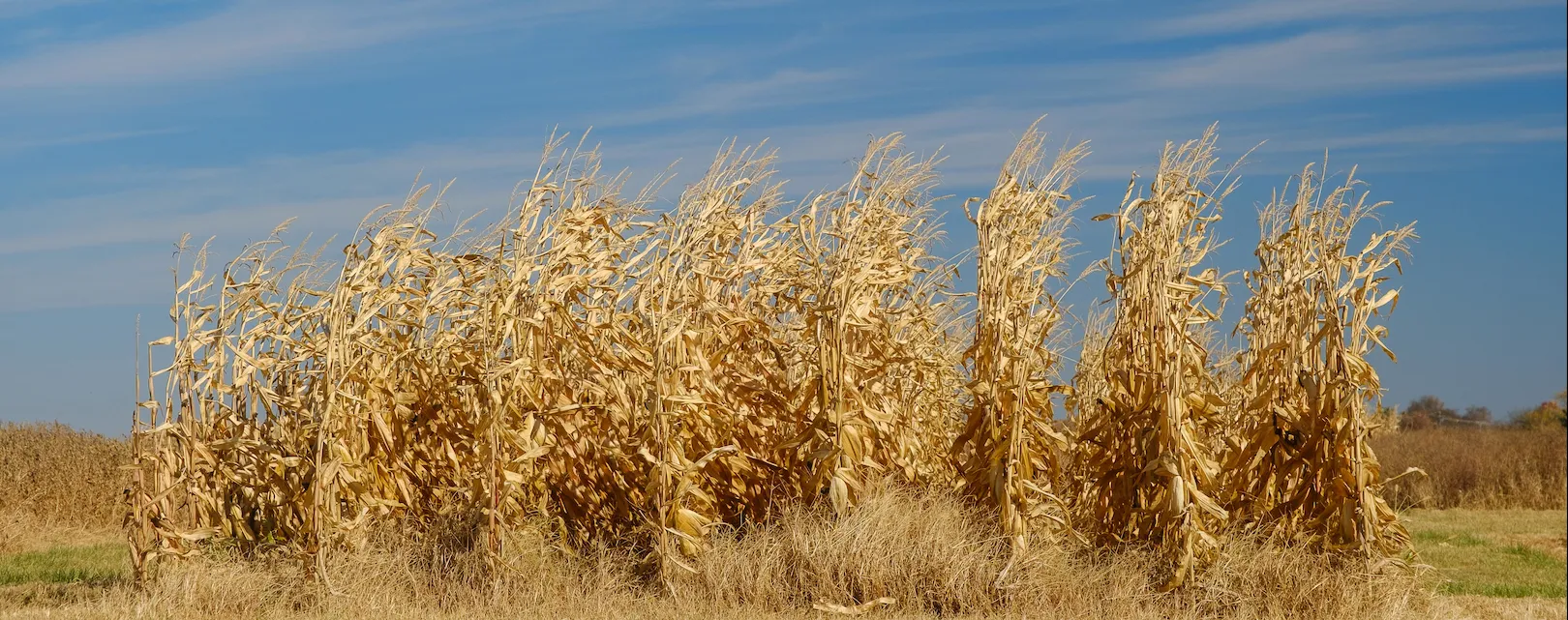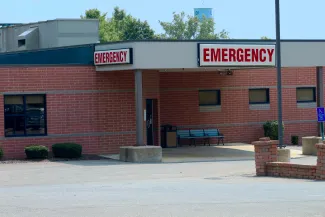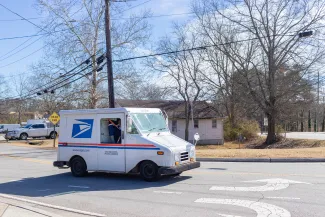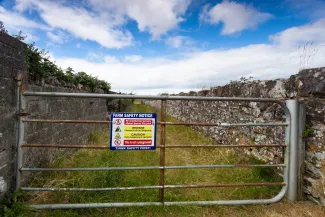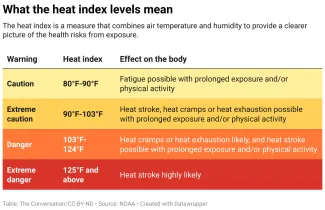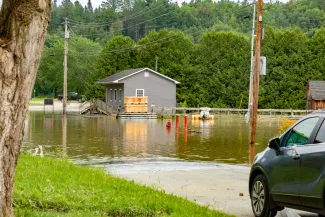During the pandemic years, rural and tribal communities learned to rely on affordable internet services provided in part by the federal Affordable Connectivity Program. The more dependable and budget-friendly connection helped residents use the web for telehealth appointments, online ordering and remote learning.
Reflecting on the recent water pipe bursts in Atlanta, Joseph W. Kane discusses the unwanted but predictable tide of water problems that await U.S. cities and towns in his opinion for Brookings.
Rural hospitals continue to face uphill battles to stay open and fiscally afloat. Many have reduced specialty services to cut losses, and hundreds have shut down. To stem closures, the federal government began offering hospitals the option to remain open as emergency care facilities.
The opening of a new U.S. Postal Service mail and package-processing center near Atlanta exemplifies how difficult it will be to modernize the national carriers' network and delivery services.
Farm country isn't exempt from U.S.-Chinese tensions, but Syngenta's new chief executive, Jeff Rowe, is working to smooth ruffled feathers and keep American farmers' trust.
Starting this month, a free series of webinars will provide practical tips and best practices for farmers, ranchers and agricultural workers to protect themselves, their families and their operations.
In what many would describe as a total buzzkill, coffee prices are increasing around the globe.
The start of summer is an excellent time to create schedules and workloads based on heat safety.
Vermont has passed legislation to make oil producers pay a share of the costs associated with damages attributed to climate change
